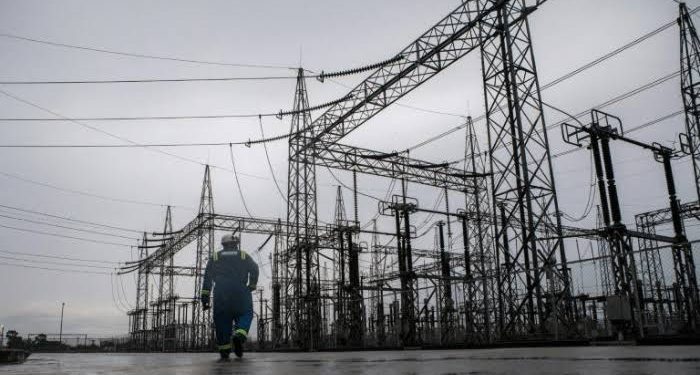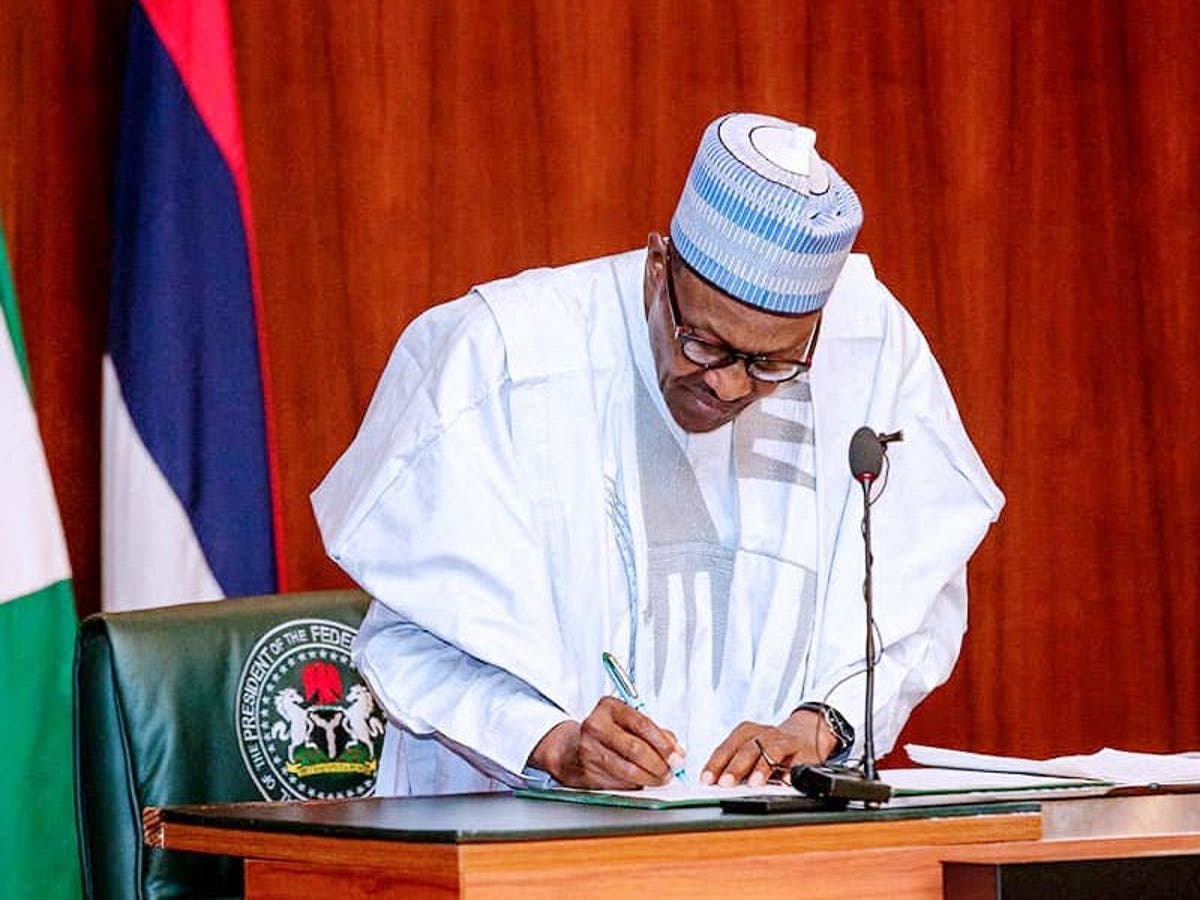The Federal Government has approved the National Integrated Electricity Policy (NIEP), a sweeping reform plan designed to transform Nigeria’s ailing power sector, boost investor confidence, and support decentralized energy governance.
The landmark approval was granted during the Federal Executive Council (FEC) meeting held Monday and was announced by the Special Adviser on Strategic Communications and Media Relations to the Minister of Power. The NIEP, originally drafted in December 2024 and aligned with the provisions of the Electricity Act 2023, now replaces the outdated National Electric Power Policy of 2001.
Minister of Power Adebayo Adelabu confirmed that implementation of the policy has already begun and is expected to accelerate following President Bola Tinubu’s ratification. He described the policy as a critical roadmap to address long-standing issues in power generation, transmission, and distribution while embracing global best practices.
The NIEP provides a comprehensive national framework that not only tackles infrastructure and regulatory inefficiencies but also promotes renewable energy integration, energy efficiency, climate resilience, and modern oversight mechanisms. According to Adelabu, the policy equips both federal and state stakeholders with clear guidelines for transitioning toward a sustainable and inclusive electricity market.
Developed through wide-ranging consultations with public and private sector stakeholders, development partners, academia, civil society, and consumer advocates, the NIEP targets key challenges including infrastructure gaps, inadequate capital investment, monopolistic distribution structures, and regulatory delays.
It also prioritizes the creation of State Electricity Markets, enabling sub-national governments to play stronger roles in energy planning and management through a decentralized but coordinated model. This is expected to enhance service delivery, foster competition, and support rural electrification initiatives.
With the policy now formally adopted, analysts expect a new era of reform in the Nigerian Electricity Supply Industry (NESI), potentially leading to improved power supply, better governance, and a more attractive environment for both local and foreign investors.
In addition to redefining governance in the power sector, the National Integrated Electricity Policy (NIEP) sets in motion a long-term plan for transforming Nigeria’s energy economy in line with the global shift toward sustainability and climate-conscious development. Its implementation is projected to bridge the gap between policy and action by outlining specific responsibilities for all stakeholders involved in Nigeria’s power ecosystem, from federal institutions to state actors, private investors, regulators, and end users.
A key highlight of the NIEP is its strategic emphasis on renewable energy as a pillar of future power generation. With Nigeria’s heavy reliance on fossil fuels and an erratic power supply that has stifled industrial growth and everyday life, the integration of solar, wind, hydro, and other clean energy sources marks a pivotal turn. The policy also encourages the development of off-grid and mini-grid solutions for rural and underserved communities, ensuring more inclusive access to electricity and reducing the urban-rural power divide.
Critically, the NIEP provides a framework to dismantle monopolistic structures, particularly in power distribution and generation, which have long constrained market efficiency. By encouraging competition and private-sector participation, the policy opens the door for new entrants and innovations in power solutions tailored to local needs. States will be empowered to design their own electricity markets within a national coordination system, which can lead to quicker, more localized responses to energy demands.
The regulatory bottlenecks that have historically plagued the sector are also being addressed through the NIEP’s emphasis on institutional reform. The policy calls for strengthened oversight by regulatory bodies, clearer operational guidelines, and more transparent market operations. This is expected to reduce bureaucratic delays, improve service delivery, and attract more stable investments.
Another major component is energy efficiency , something largely ignored in past policy efforts. The NIEP proposes national standards for energy consumption, incentivizes efficient technologies, and supports public awareness campaigns to promote responsible electricity use. This aligns with the global climate agenda while also helping reduce operational costs for businesses and households.
Furthermore, the policy provides for capacity building across the sector—training engineers, technicians, and regulators to meet modern energy demands. The development of a skilled workforce is crucial to ensuring the policy’s sustainability and its ability to respond to evolving technological trends.
As Nigeria embarks on the implementation phase, the NIEP is being seen not just as another reform document but as a long-overdue reset of the country’s power narrative. By placing local governments, businesses, and consumers at the center of this transition, the Federal Government aims to make reliable, affordable, and sustainable electricity a reality for all Nigerians. The policy’s success, however, will depend on strong political will, consistent funding, and the collective commitment of every stakeholder in the sector.










